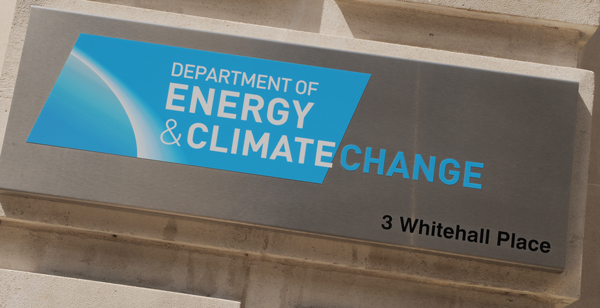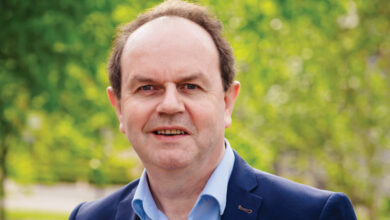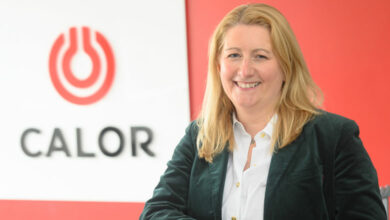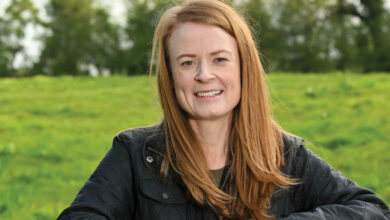A single energy department
Peter Cheney assesses the potential for a DECC-style structure at Stormont.
A dedicated department for energy, rather than spreading it across DETI, DRD, DARD and others, appears to be gaining momentum as a policy proposal.
The SDLP backed a ‘department of energy and sustainability’ in its 2011 Assembly manifesto, accompanied by a single all-island energy regulator. SDLP MLA Conall McDevitt, a former customer relations manager at NIE, sees the cost of “not prioritising energy policy” and the province’s continuing “absolute dependence” on imports as two compelling reasons for streamlining policy.
He also cites the cost of a slow transition to renewables, especially as the carbon price floor will drive up future energy prices. However, if Northern Ireland grasped that opportunity, it could lead the way in renewable R&D, drawing on its engineering expertise and Bombardier’s experience in advanced materials (potentially for constructing wind and marine turbines).
Doing nothing is a “massive economic threat”.
The sustainability remit would take in transport and environmental regulation, including some aspects of agricultural policy.
“Energy is a bolt-on in DETI,” he adds, “and it would be very unfair to expect a department for the economy to provide a challenge function in terms of energy and sustainability which would not give energy its place at the Executive table.”
McDevitt acknowledges energy as “the single biggest potential driver of economic renewal” but explains that its remit is much wider than that. The idea is modelled on the UK Department of Energy and Climate Change (DECC), formed in October 2008.
Energy has normally been viewed as an economic policy area. It was part of the Department for Economic Development’s brief before its rebranding as DETI in December 1999.
The Department of Trade and Industry was Whitehall’s energy department between 1970 and 1974 and 1992 and 2007. However, between those dates, a standalone Department of Energy existed. The department was established to handle the Arab oil embargo and new North Sea oil, and its abolition coincided with privatisation.
A wartime Ministry of Fuel and Power was established in 1942 and renamed as the Ministry of Power from 1957 until its closure in 1969.
Irish energy policy has always sat alongside other responsibilities and is currently within the Department of Communications, Energy and Natural Resources. The US Department of Energy (set up in 1977) was, like its British counterpart, partly a product of the Middle Eastern crisis. A dedicated EU Energy Commissioner has existed since 1967.
During the last Assembly term, the Enterprise Trade and Investment Committee concluded that a single energy department would “provide a greater vision and focus for the wide range of renewable energy issues.”
The Independent Review of Economic Policy found that the cross-cutting nature of energy policy “makes it difficult to secure holistic and co-ordinated policies”. DECC’s establishment recognised energy as “a separate and distinct government priority”. Lord Whitty’s energy policy review, commissioned by the Consumer Council, also suggests a single energy department.
Under the Alliance Party’s reform plans, energy would stay within a large single economy department. The UUP aims to streamline all energy policy into one department (the status quo is “complex and piecemeal”) but will only propose that department when the final number is agreed between the parties.
The DUP and Sinn Féin declined to comment. The DUP Assembly manifesto sketches out the broad responsibilities (but not including energy) within an eight-department Executive. McDevitt says that the idea has been well-received and hopes that it will follow on from the “success story of government restructuring” at DECC.






